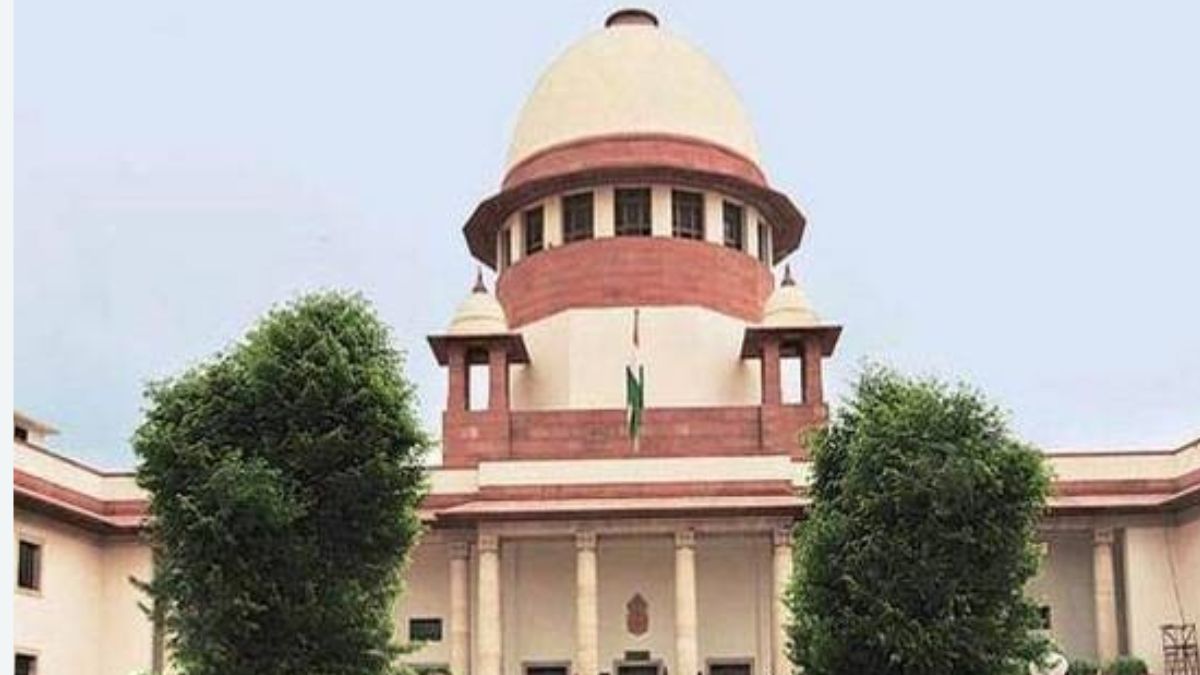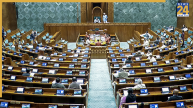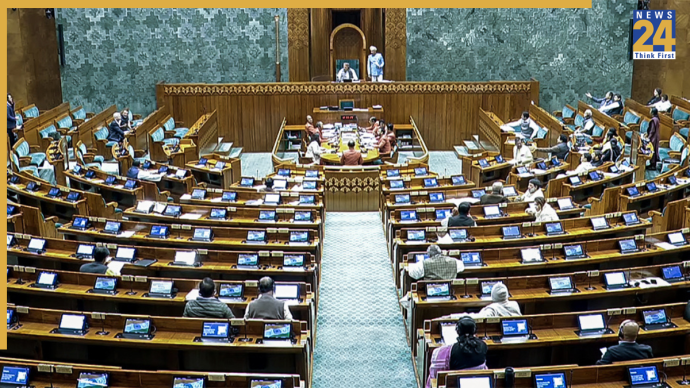The Supreme Court on Tuesday, upheld constitutional validity of ‘Uttar Pradesh Board of Madrasa Education Act 2004’. Supreme Court quashed the Allahabad High Court’s March 22 verdict which had struck down the UP Madrasa Act.
Supreme Court’s verdict came on decision of Allahabad High Court which had declared the ‘Uttar Pradesh Board of Madrasa Education Act 2004’ as unconstitutional. The apex court had reserved its verdict on pleas challenging the Allahabad High Court judgment on October 22, 2024.
Supreme Court upholds constitutional validity of 'Uttar Pradesh Board of Madrasa Education Act 2004’.
Supreme Court quashes the Allahabad High Court's March 22 verdict which had struck down the UP Madrasa Act. pic.twitter.com/G2ktNdjgXO
---Advertisement---— ANI (@ANI) November 5, 2024
Quashing the Allahabad HC order, the apex court however, held that the Madarsa Act is only unconstitutional to the extent that it granted higher education degrees under ‘fazil’ and ‘kamil’, which is in conflict with the University Grants Commission (UGC) Act.
The bench comprised of Chief Justice of India DY Chandrachud, Justice JB Pardiwala and Manoj Misra.
Supreme Court holds that the UP Madrasa Act is only unconstitutional to the extent that it granted higher education degrees under fazil and kamil, which is in conflict with the UGC Act.
— ANI (@ANI) November 5, 2024
The bench observed that the Madrasa Act regulates the standards of education in the State of Uttar Pradesh. The right of minorities to administer educational institutions is not absolute and the State can regulate the standards of such education.
What Was The Allahabad High Court’s Decision?
The Allahabad High Court on March 2022, had declared the Act as “unconstitutional” on ground of being violative of the principle of secularism, and asked the State government to accommodate madrasa students in the formal schooling system.
During hearing, the Supreme Court had said that religious education per se is not the problem. The judges added that instead of scrapping the law, it could be ensured that madrasa education be broad-based and the essential subjects be taught alongside.
On April 5, bench led by Chief Justice of India, D Y Chandrachud had stayed the verdict of the High Court scrapping the Uttar Pradesh Board of Madrasa Education Act, 2004 and provided relief to 17 lakh madrasa students. CJI had remarked that ‘secularism means- live and let live.’
The bench had said that entirely scraping the law is not the solution. “Ultimately we have to see it through the broad sweep of the country. Religious instructions are there not just for Muslims. It is there for Hindus, Sikhs, Christians, etc. The country ought to be a melting pot of cultures, civilisations, and religions. Let us preserve it that way. In fact, the answer to ghettoisation is to allow people to come to the mainstream and to allow them to come together. Otherwise, what we essentially would be doing is to keep them in silos,” added the bench.
Also Read: Baba Siddique Murder Case: Mumbai Crime Branch Recovers Pistol From Accused’s Pune House












